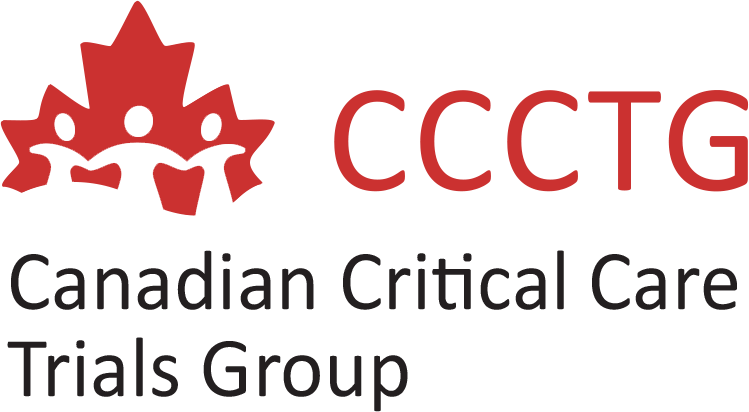CCCTG Spring 2024
REGISTRATION IS OPEN for the Spring Meetings taking place in Winnipeg from June 10-12, 2024. Registration and discounted hotel reservations are available now on the members-only intranet.
UPCOMING SCIENTIFIC MEETING DATES
‣ Fall 2024: November 18 in Toronto
‣ Winter 2025: January 20-22 in Lake Louise










